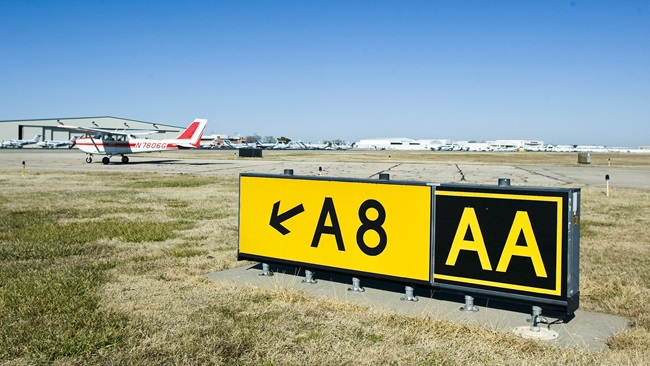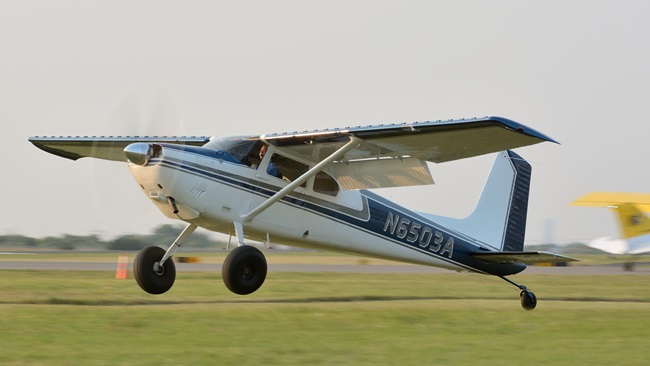Tuskegee wins drone tech grant
In May the university received a separate National Science Foundation grant for nearly $500,000 to install flight simulators in nearby public school classrooms for a three-year “Fly High Your Math and Science Skills” program.
Students will be immersed in an intensive four-week science, technology, engineering, and math “STEM Summer Academy” where they will live, eat, and breathe those skills during a residential camp hosted by the university, said Tuskegee University Communications Specialist Teri Sumbry.
The university already offers summer camps focusing on engineering, including a program that helps eighth-grade students get on a fast track for college by learning eye-tracking software and how to build a website.
“We’re located in Macon County. which is considered the ‘Alabama black belt,’ and we try to work with our local elementary, middle, and high schools and funnel resources back into them,” said Sumbry.
The new grant will allow six teachers per year from participating schools to take part in the summer academy where they can observe students and then design classroom STEM course modules based on their findings.
The drone academy hasn’t begun yet, but when it does, computer science expert Hira Narang will lead the charge. The hope is that participants will identify problems in agriculture, ecology, transportation, and health, and use drones to help solve those problems.
Narang wrote in an email that the students will work collaboratively in clusters “to forge potential solutions to real-world problems that affect the communities where they live.”
Throughout the project, students will discover how STEM concepts including speed, acceleration, slopes, angle of rotation, and force interact and enrich each other. The program’s activities “are designed to generate excitement and desire” for the high school students to continue their STEM studies in college and ultimately pursue careers in the STEM-related workforce.
The Alabama institution has a long aviation history and is known for producing the P-51 Mustang-flying African-American Tuskegee Airmen of World War II. The university was founded in 1881 by Booker T. Washington and is home to approximately 3,000 students from the United States and 30 foreign countries.
“Learning STEM concepts are so important as far as the future and where the graduates will be,” Sumbry said. “We need more STEM educators and we need more STEM jobs.”




